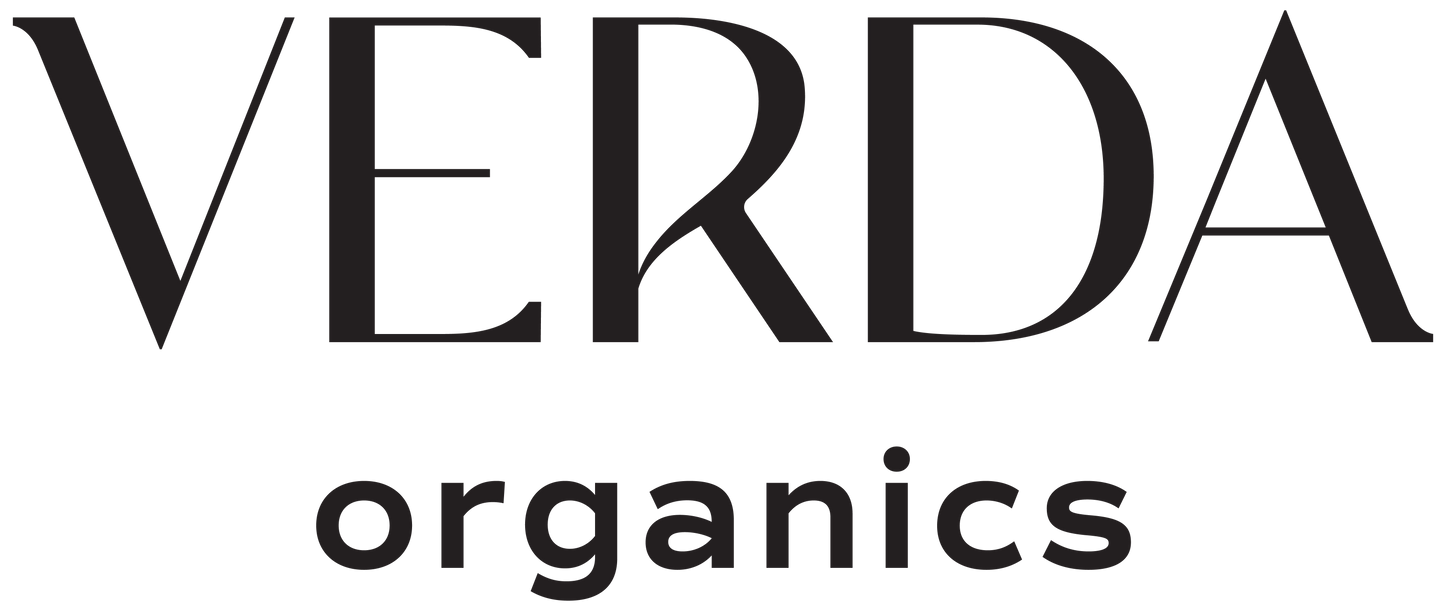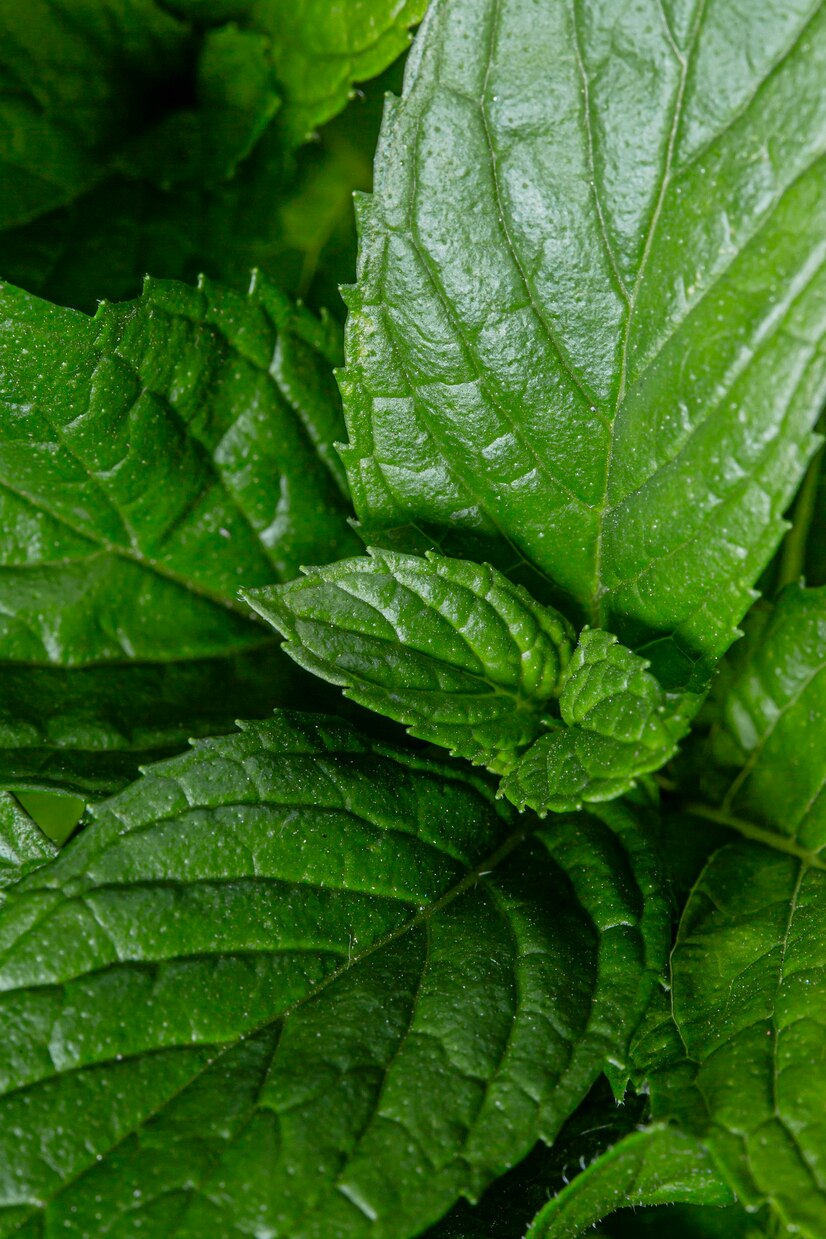
Acne is a common skin condition that affects millions of people worldwide, but not all acne is created equal. Hormonal acne, in particular, poses unique challenges and requires a nuanced approach to treatment. Characterized by its persistence and often linked to fluctuations in hormone levels, hormonal acne can affect individuals well beyond their teenage years. This blog post delves into the intricacies of hormonal acne, exploring its causes, identifying its symptoms, and offering effective strategies for management.
What is Hormonal Acne?
Hormonal acne is acne that primarily results from fluctuations in hormone levels. It is most commonly associated with puberty, menstrual cycles, pregnancy, and menopause, but can also be influenced by stress and certain medical conditions such as polycystic ovary syndrome (PCOS). Unlike typical acne, which can affect anyone at any age, hormonal acne is more prevalent in women due to the cyclical nature of their hormonal changes.
Causes of Hormonal Acne
- Androgens: Elevated levels of androgens (male hormones such as testosterone) increase sebum production, which can clog pores and lead to acne. This is why hormonal acne often flares up during puberty and around menstrual cycles.
- Menstrual Cycle: Many women experience breakouts in the luteal phase of their menstrual cycle (the week or so before their period) due to hormonal fluctuations.
- PCOS: Women with PCOS often have higher levels of androgens, leading to persistent and severe hormonal acne.
- Stress: Stress increases cortisol levels, which can disrupt hormonal balance and exacerbate acne.
- Hormonal Changes in Pregnancy and Menopause: Pregnancy and menopause bring significant hormonal shifts that can lead to new or worsening acne.
Symptoms of Hormonal Acne
Hormonal acne typically presents itself as:
- Deep, Cystic Lesions: These painful, pus-filled cysts often occur along the jawline, chin, and neck.
- Persistent and Recurrent Breakouts: Hormonal acne tends to be chronic, with flare-ups occurring at the same time each month in women.
- Inflammatory Acne: Red, swollen pimples and cysts that can be difficult to treat with standard over-the-counter acne medications.
Effective Strategies for Managing Hormonal Acne
-
Topical Treatments:
- Retinoids: Topical retinoids (like tretinoin) help reduce inflammation and promote cell turnover, preventing clogged pores.
- Benzoyl Peroxide and Salicylic Acid: These ingredients can help manage mild to moderate acne by reducing bacteria and exfoliating the skin.
-
Oral Medications:
- Birth Control Pills: Combination oral contraceptives can help regulate hormones and reduce androgen levels, leading to clearer skin.
- Anti-Androgen Medications: Spironolactone is commonly prescribed to reduce androgen levels and is particularly effective for hormonal acne.
- Isotretinoin (Accutane): For severe, treatment-resistant acne, isotretinoin can provide dramatic and long-lasting results.
-
Lifestyle and Dietary Adjustments:
- Diet: Some studies suggest that a low-glycemic diet and reducing dairy intake can help manage acne. Foods rich in antioxidants, omega-3 fatty acids, and zinc may also support skin health.
- Stress Management: Techniques such as meditation, yoga, and regular exercise can help manage stress and reduce cortisol levels.
-
Natural Remedies:
- Tea Tree Oil: Known for its anti-inflammatory and antimicrobial properties, tea tree oil can be a gentle alternative for treating acne.
- Spearmint: Regular consumption of spearmint tea has been shown to reduce androgen levels, making it a potential natural remedy for hormonal acne.
- Zinc Supplements: Zinc has anti-inflammatory properties and can help reduce the severity of acne.
-
Skincare Routine:
- Gentle Cleansing: Use a mild, non-comedogenic cleanser to keep the skin clean without stripping it of its natural oils.
- Moisturizing: Even oily and acne-prone skin needs hydration. Opt for a lightweight, non-comedogenic moisturizer to maintain the skin barrier.
- Sun Protection: Use a broad-spectrum sunscreen daily to protect the skin and prevent post-inflammatory hyperpigmentation.
Hormonal acne is a complex condition that requires a multifaceted approach to management. By understanding its underlying causes and implementing a combination of medical treatments, lifestyle changes, and skincare strategies, individuals can effectively manage their symptoms and achieve clearer, healthier skin. Consulting with a dermatologist is essential to tailor a treatment plan that addresses the unique hormonal influences affecting each person. Embrace the journey towards better skin with patience and persistence, and let informed choices guide your path to clearer, more radiant skin.



